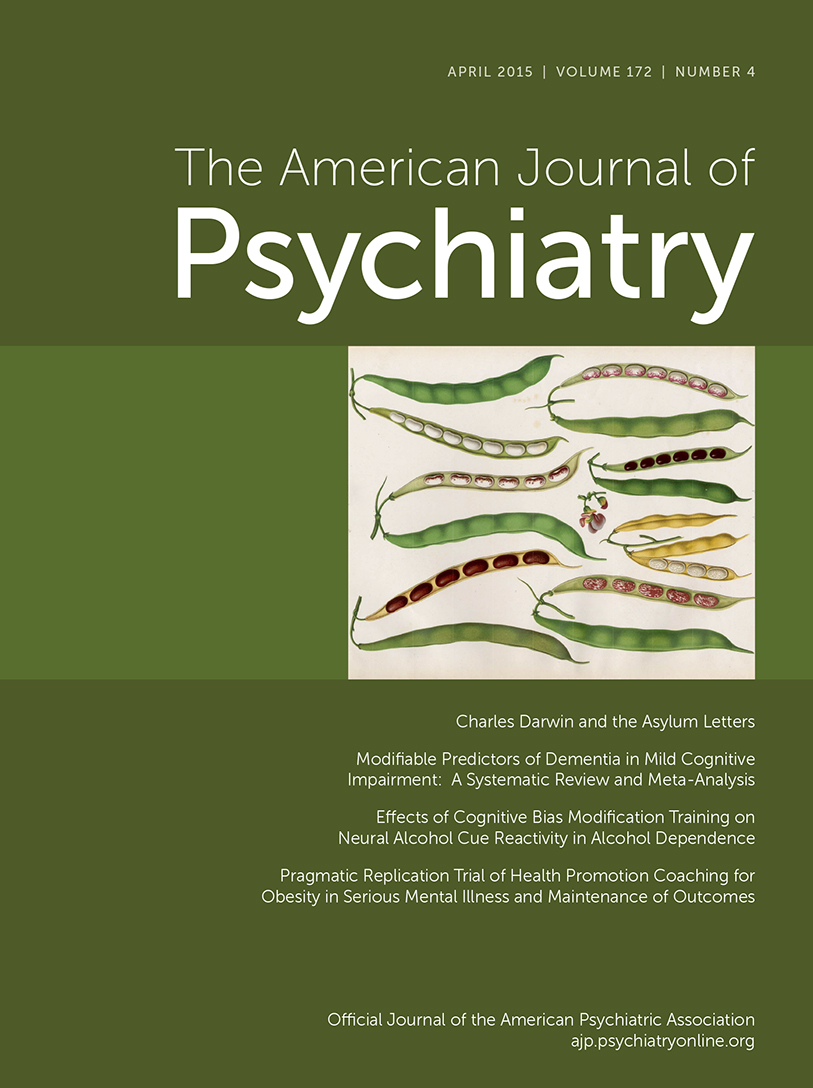Modifiable Predictors of Dementia in Mild Cognitive Impairment: A Systematic Review and Meta-Analysis
Abstract
Objective:
Public health campaigns encouraging early help seeking have increased rates of mild cognitive impairment (MCI) diagnosis in Western countries, but we know little about how to treat or predict dementia outcomes in persons with the condition.
Method:
The authors searched electronic databases and references for longitudinal studies reporting potentially modifiable risk factors for incident dementia after MCI. Two authors independently evaluated study quality using a checklist. Meta-analyses were conducted of three or more studies.
Results:
There were 76 eligible articles. Diabetes and prediabetes increased risk of conversion from amnestic MCI to Alzheimer’s dementia; risk in treated versus untreated diabetes was lower in one study. Diabetes was also associated with increased risk of conversion from any-type or nonamnestic MCI to all-cause dementia. Metabolic syndrome and prediabetes predicted all-cause dementia in people with amnestic and any-type MCI, respectively. Mediterranean diet decreased the risk of conversion to Alzheimer’s dementia. The presence of neuropsychiatric symptoms or lower serum folate levels predicted conversion from any-type MCI to all-cause dementia, but less formal education did not. Depressive symptoms predicted conversion from any-type MCI to all-cause dementia in epidemiological but not clinical studies.
Conclusions:
Diabetes increased the risk of conversion to dementia. Other prognostic factors that are potentially manageable are prediabetes and the metabolic syndrome, neuropsychiatric symptoms, and low dietary folate. Dietary interventions and interventions to reduce neuropsychiatric symptoms, including depression, that increase risk of conversion to dementia may decrease new incidence of dementia.



